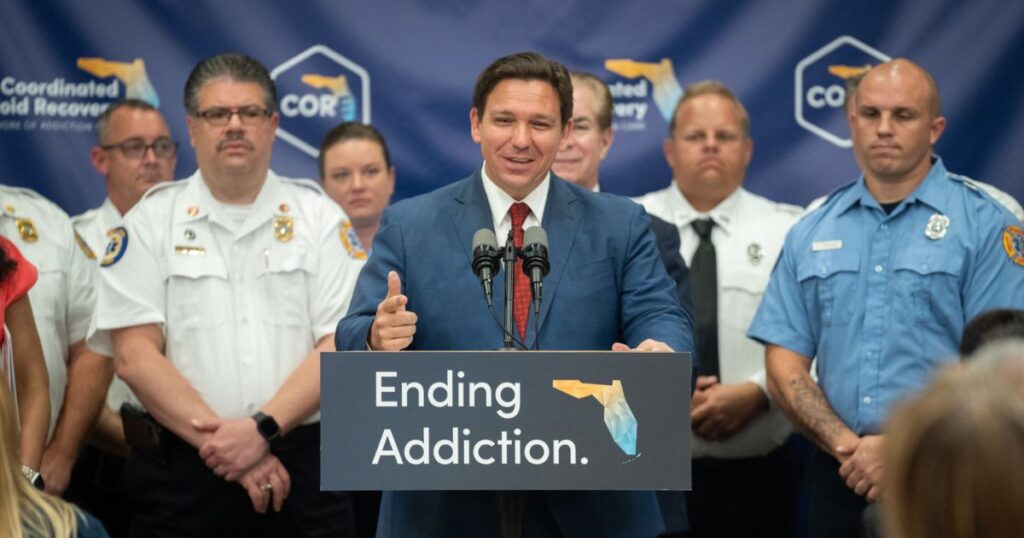By Cheryl Elias, Rural Health Network in the US
Florida has made incredible progress in dealing with the opioid crisis under the leadership of Governor DeSantis, but there is an opportunity to build this success by expanding access to alternatives to non-opioid pain management, particularly in rural communities. Neighborhood countries like Tennessee and Georgia have implemented comprehensive policies on non-opioid alternatives, but Florida can leverage its proven track record to become national leaders in this key field.
The challenges facing rural Florida are particularly complicated. Our community deals with crime, accidents and unemployment while suffering from rare behavioral health services, long travel distances to care, and limited resources spread across vast geographical areas. The ripple effects touch on every aspect of country life, from emergency rooms to schools and families.
What makes this crisis particularly devastating in rural areas is the unique set of barriers our communities face. Behavioral health and detoxification services are lacking, and what exists often provide limited services. Patients in need of treatment must travel hundreds of miles to access care, pose an impossible burden to families who are already struggling financially. The scale of this treatment gap is that 88.6% of rural Florida counties lack adequate opioid treatment programs. This means that even if the patient is ready to seek help, the help is not there.
Governor Desantis has already demonstrated strong leadership in the fight against the opioid crisis through innovative programs such as the Core (Coordinated Opioid Recovery) Network, which has expanded from 12 Florida counties to 29 counties. The results speak for itself. National statistics show that only 18.8% of adults with opioid addiction are receiving drug-assisted treatment, while Core achieved an impressive 48.9% rate. The core provider responded to nearly 18,000 emergency calls and saved lives through naloxone management.

These efforts have had measurable impacts. In Florida, there are 607 fewer EMS overdose calls. This has been down 3% since 2022. Most importantly, there were 557 fewer overdose deaths between 2022 and 2023. That’s a 9% decrease, and statistics are more than just statistics. These results demonstrate that Florida knows how to implement effective, evidence-based solutions for complex healthcare challenges.
Now we have an unprecedented opportunity to break the cycle of addiction before it begins. The FDA approved its first non-opioid treatment earlier this year for severe pain. And here in Florida, scientists at the University of Florida are making breakthroughs in developing safer alternatives to traditional painkillers. We’re not just catching up – we’re leading the way.
This is the Florida moment. Governor Desantis can build on the success of his core program by prioritizing access to these non-opioid pain management alternatives, especially in rural and underserved communities. This represents the natural evolution of Florida’s proven approach. This can be prevented by ensuring that people have access to effective, non-dictional pain management, not just after an addiction has occurred.
Think about it like this. We have proven that we can help people who are already suffering from addiction. Now we have the tools to help people avoid that struggle completely. This includes extending the core model to include prevention through non-opioid alternatives, improving insurance coverage for these treatments, and investing in rural health infrastructure. It’s not just about a good health care policy. That’s a wise prevention.

Governor DeSantis has already proven that Florida can lead the country with innovative healthcare solutions. The success of the core program shows what is possible with an evidence-based approach and strong leadership. Our rural community is not about to be rescued. They are looking for the same innovative solutions that have already proven successful in other parts of our state. The governor will build on the impressive track record of his administration and have the opportunity to ensure that all Floridians, regardless of their postal code, have access to the most effective pain management available.

